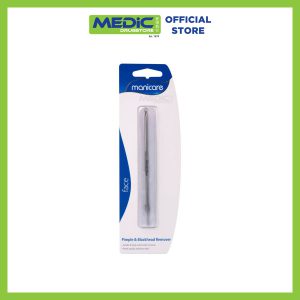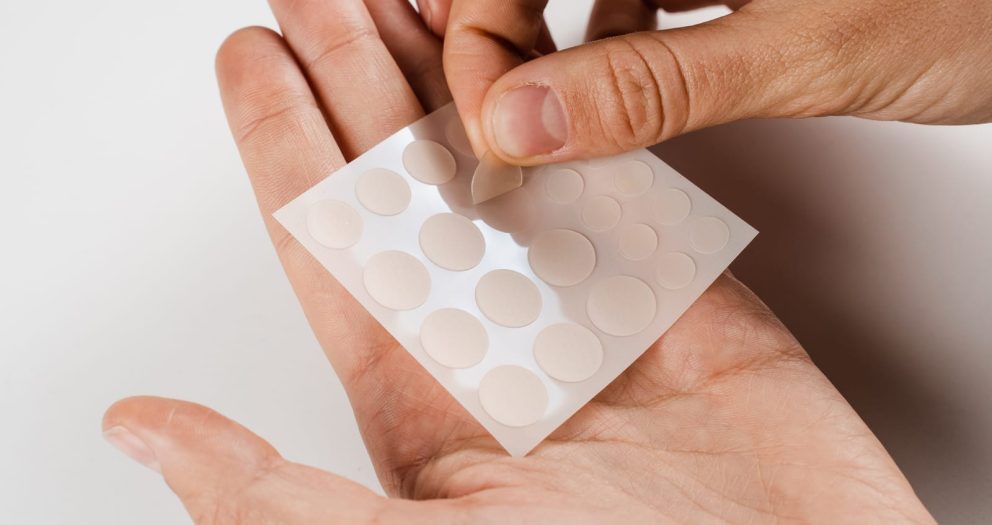Have you ever wondered if warm or cold water is better for opening your pores? The answer may surprise you. While it is commonly believed that warm water is the best way to open up pores, recent studies have shown that cold water may actually be more effective. So, which one should you use?
Before we delve into the debate between warm and cold water, let’s first define what pores are and why they’re important. Pores are small openings on the skin’s surface that allow sweat and oil to be released. When they become clogged with dirt and oil, it can lead to acne and other skin issues. Opening up your pores helps to flush out any dirt and oil, leaving your skin feeling refreshed and clean.
Now, the question remains: does warm or cold water open pores in Singapore? The answer lies in understanding how each temperature affects your skin. So, get ready to uncover the truth and find out which temperature will leave your skin feeling its best.
Warm Water And Pores
Warm water is often used to open up pores because it has the ability to increase blood flow to the skin’s surface. This increased blood flow brings oxygen and nutrients to the skin, which can help to improve its overall health and appearance.
Additionally, warm water can help to soften the skin, making it easier to remove any dirt, oil, and dead skin cells that may be clogging your pores.
One of the main benefits of using warm water to open up pores is that it can make it easier to remove blackheads and other types of acne. The warmth of the water helps to soften the skin, making it easier to extract the impurities that are clogging your pores.
Furthermore, warm water can help to soothe and relax the skin, which can be beneficial for individuals with sensitive or inflamed skin.
However, there are some limitations to using warm water to open up pores. First, using water that is too hot can actually damage your skin, causing it to become dry and irritated.
Additionally, individuals with dry or sensitive skin may find that warm water exacerbates their skin condition, leading to further dryness and irritation. Therefore, it is important to use warm water that is not too hot and to be mindful of how your skin reacts to it.
Cold Water And Pores
While warm water is often used to open up pores, recent studies have shown that cold water may actually be more effective. Cold water has the ability to constrict blood vessels and reduce inflammation, which can help to decrease the appearance of pores and make your skin look smoother and more even.
One of the main benefits of using cold water to open up pores is that it can help to reduce the production of excess oil. This is particularly beneficial for individuals with oily or acne-prone skin, as it can help to prevent the formation of new breakouts.
Additionally, cold water can help to improve the overall tone and texture of your skin, making it look brighter and more youthful.
However, there are also some limitations to using cold water to open up pores. For example, cold water can be uncomfortable to use, particularly if you are not used to it.
Cold water may not be as effective at removing dirt and oil from your pores, which can lead to clogged pores and breakouts if you don’t follow up with a good cleansing routine.
In conclusion, while cold water may be more effective at reducing the appearance of pores and improving the overall health of your skin, it is important to weigh the benefits and limitations of both warm and cold water when deciding which one to use.
It is important to consider your individual skin type and how it reacts to different temperatures and treatments.
Factors affecting the effectiveness of warm and cold water in opening pores
While both warm and cold water can be effective at opening up pores, there are several factors that can impact their effectiveness.
- Skin type: Different skin types may react differently to warm and cold water. For example, individuals with oily skin may find that cold water is more effective at reducing the appearance of pores and controlling oil production, while individuals with dry skin may prefer warm water to help hydrate and soothe their skin.
- Water temperature: The temperature of the water can also impact its effectiveness in opening up pores. Water that is too hot can damage the skin, while water that is too cold may not be as effective at removing dirt and oil. It is important to use water that is at a comfortable temperature for your skin type.
- Duration of exposure: The length of time that you expose your skin to warm or cold water can also impact its effectiveness. Generally, it is recommended to use warm water for no more than 5-10 minutes at a time, and cold water for no more than 2-3 minutes at a time.
In addition to these factors, it is important to follow up with a good cleansing routine after using warm or cold water to open up pores. This can help to remove any dirt, oil, and impurities that may have been loosened by the water, and prevent clogged pores and breakouts.
It is also important to moisturize your skin after using warm water, as this can help to prevent dryness and irritation. By taking these factors into consideration, you can maximize the effectiveness of warm and cold water in opening up your pores and improving the overall health and appearance of your skin.







